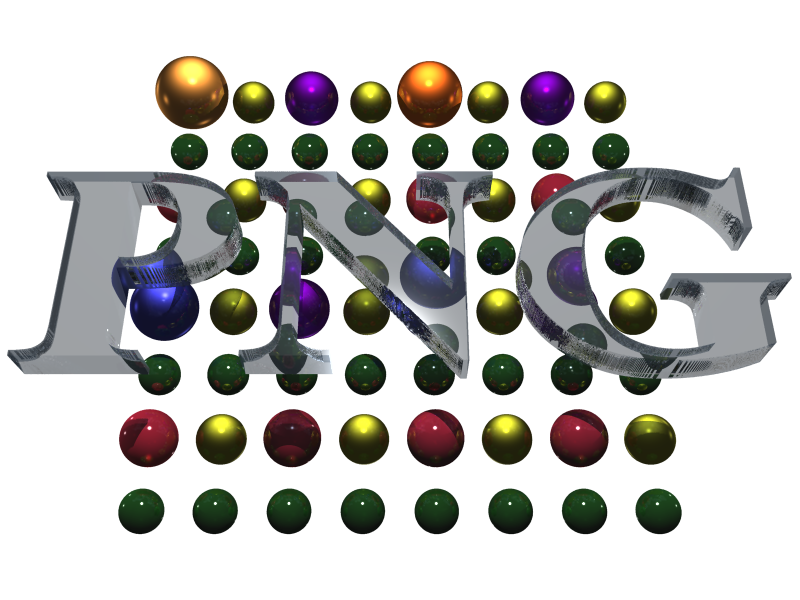Another Nameless Picture Viewer
ANPV is my attempt to write a fast, responsive and smart image viewer. The primary goal is using it to sort my image collection.
What makes this image viewer different? In short: ANPV decodes images in a smart way:
- Decoding is not done in the UI thread, therefore user input is not blocked
- Images are decoded incrementally, if possible (think of progressive JPEGs)
- The decoding progress is actually visualized
- Decoding of images can be cancelled
- Big panorama images are decoded and viewed in an efficient way (think of tiled-pyramide TIFFs)
- EXIF metadata is honored
- Embedded thumbnails are used to provide an instant preview of the actual full-scale image, if available
I haven't found an image viewer that follows those simple design principles. Hence I decided to write my own one.
The goal is to keep the UI updated and responsive, rather than using new, fancy decoders that squeeze out every millisecond of decoding time.
One note about TIFF files: There are so many possible subformats of TIFF, that it can be hardly tested all: Tile-based, strip-based, separate, planar, etc. TIFF files can also be multi-layered: The core assumption of ANPV is that one image file contains one and only one picture. Perhaps at different resolutions. Those artificially generated multi-layered TIFF files where each layer contains a different image are not considered to be a real-world use case. Hence, it is undefined how they will be displayed because they are not supported. In a multi-layered TIFF file, the smallest resolution image might be used as a thumbnail preview.
Also, this project is designed as viewer! A viewer does not support editing the images. If you want this, go for Gwenview or Gimp. If you are looking for a "viewer" with a built-in converter and editor, go for XnView. Designing a nice and modern user interface, on the other hand, is not my strength. It is not the focus of this work either. If you want this, have a look at photoqt.
Special thanks to Martin Pietsch, the author of the simpleimagebrowser project, for demonstrating how to customize QListView and QAbstractListModel to make them "cluster" the individual items into sections - just as we know from KDE Dolphin or KCategorizedView, but with a much simpler codebase.





